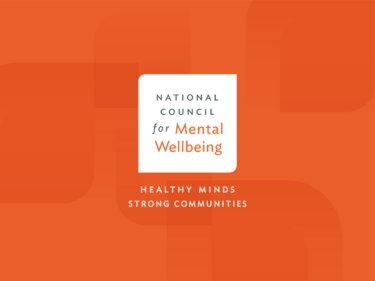Breaking the Hold: Addressing Racialized Trauma and Menthol Inequities
Menthol and the use of mentholated tobacco products can significantly contribute to an individual’s mental health challenges and cause concern to overall wellbeing. Commercial tobacco, and specifically menthol cigarettes, have been historically marketed toward Black and African American communities, resulting in higher menthol use in these communities. The gaps in policy and lack of accountability for predatorial practices create a hold on the communities’ capacity to create the necessary and sustainable changes to eliminate the toll of tobacco. Additionally, a history of racialized, systemic trauma contributes to compounded challenges in individuals’ tobacco cessation and recovery journey.
Join the National Behavioral Health Network on Thursday, June 20, 3-5 p.m. ET for a masterclass on understanding systemic, racialized trauma in relation to tobacco-related health disparities and applying intersectional frameworks to address menthol inequities.
By attending this masterclass, participants will be able to:
- Increase their understanding of the systemic, racialized lens to trauma and its impact.
- Explore opportunities and barriers to integrating a diversified lens to trauma-informed and intersectional approaches to addressing tobacco-related health disparities.
- Strategize to reduce the disproportionate impact of menthol on Black and African American communities.
This Masterclass will feature the following speakers:
- Terence Fitzgerald, PhD, EdM, MSW, Consultant, National Council for Mental Wellbeing
- Kimberly Caldwell, MSPH, Tobacco Program Manager, The Center for Black Health & Equity
- Kenny Ray, MPH, Director of Programs, The Center for Black Health & Equity
Interested in learning more about this topic? Visit the National Behavioral Health Network for Tobacco & Cancer Control to gain access to valuable mental health, substance use treatment and cancer control resources – membership is free!
This event is supported by the Centers for Disease Control and Prevention of the U.S. Department of Health and Human Services (HHS) as part of a financial assistance award totaling $250,000 with 100 percent funded by CDC/HHS. The contents are those of the author(s) and do not necessarily represent the official views of, nor an endorsement by, CDC/HHS or the U.S. Government.

